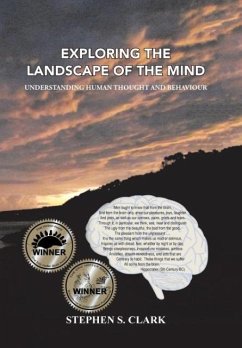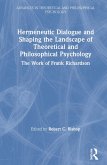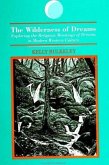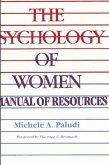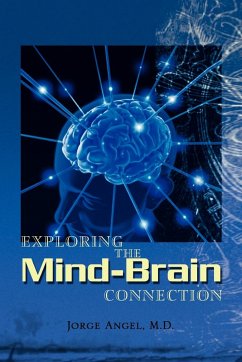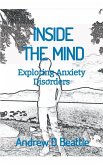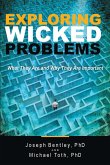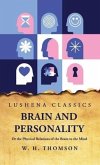This book is based on the premise that humankind is, first and foremost, the outcome of the process of biological evolution. Recognition of this is fundamental to our understanding of who we are and how we behave. All living things have evolved the physical and mental attributes that promote their prospects for survival; they are good at doing the things that enable them to pass on their genes to succeeding generations, and we are no exception. Of course, through the development of culture, we have gained some freedom from our biological origins. Nevertheless, evolution has constructed the foundation upon which culture is built. The first part of the book, "Ourselves Interacting with the World," presents an overview of the main capabilities that evolution has endowed us with and that enable us to interact with the environment in advantageous ways. This includes our senses, which act as windows on the world and also, of great importance, our emotions and ability to remember. Our ability to think is perhaps the crowning achievement of our evolutionary journey, and, of course, we must be able to act in a timely and effective manner. The second part of the book, "Living Together," traces the history of how we became social creatures. To be truly human, we had to be capable of sharing and cooperation. We also needed to be able to control our aggressiveness and talent for deception. We settled down, making the transition from hunter-gatherers to urban dwellers, and agreed upon values and norms of behavior that enhanced our ability to get along. Ultimately, we came to see good and bad as a morality of right and wrong, further augmenting group cohesiveness. In the final part of the book, "Challenges and Opportunities," attention turns to a consideration of the constraints and possibilities that must be considered in looking to the future. These realities can be seen to play out in four social arenas: the pursuit of fairness, the seeking of justice, the interplay of political beliefs and good government, and ultimately, a united society that is, at the same time, a true community. Our quest for these things will be greatly aided by a deep knowledge and appreciation of our evolutionary past and the indelible imprint it has left upon us. It may even lead us to that most elusive of all things, happiness.
Bitte wählen Sie Ihr Anliegen aus.
Rechnungen
Retourenschein anfordern
Bestellstatus
Storno

